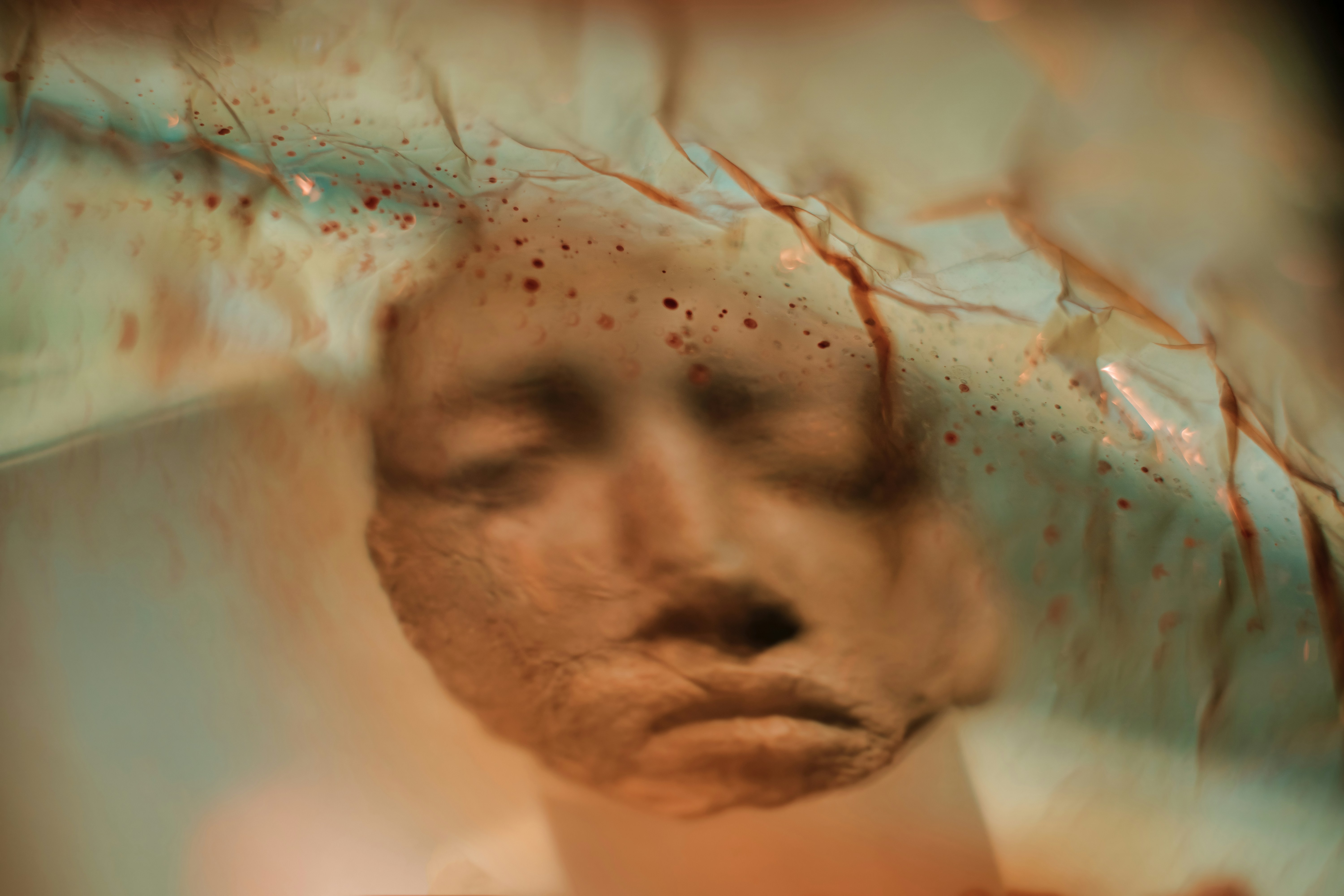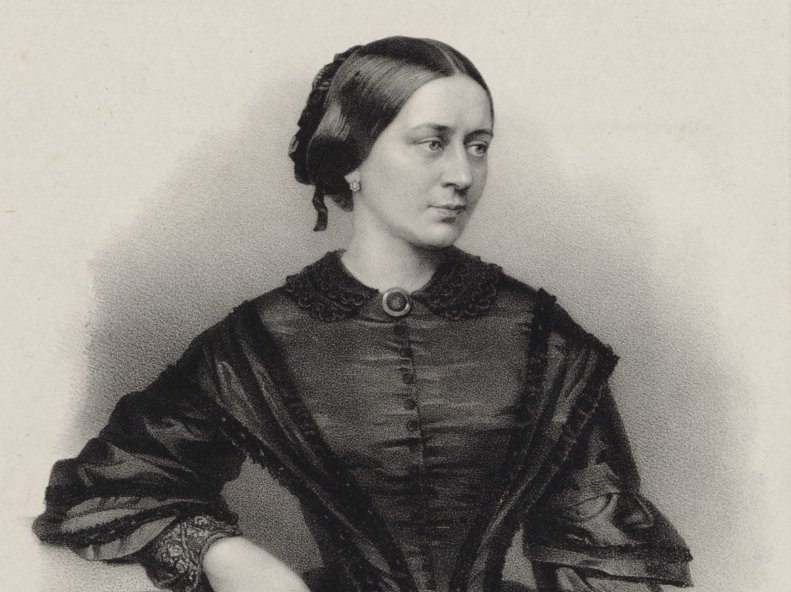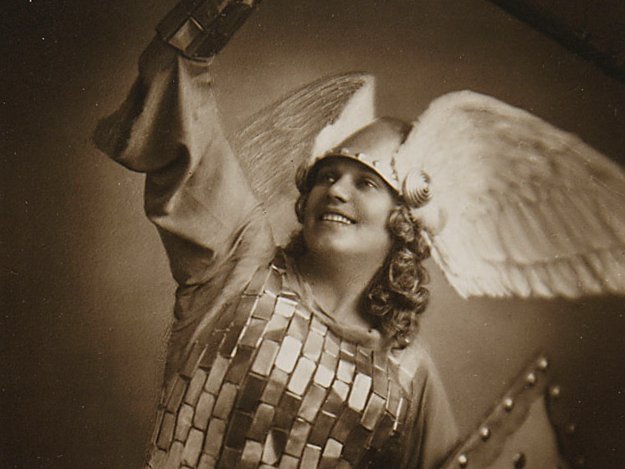She is France’s national saint: Joan of Arc, the peasant girl from Lorraine, is considered the decisive protagonist in the Hundred Years’ War between England and France. She saw herself as a messenger of God, and her efforts turned the tide of war in France’s favour. Nevertheless, she was burnt at the stake.
The Hundred Years’ War is raging and the English are on the advance. Important cities such as Paris and Reims already taken. France, on the other hand, is without a king. Charles VI. has been considered mentally ill for many years, while his disenfranchised heir is holed up in Chinon castle in Touraine, hoping for a military miracle. Then a charismatic 17-year-old peasant girl, calling herself Jeanne la Pucelle (Johanna the girl), manages to be admitted to him.
Born in around 1412, the daughter of a wealthy farmer in Lorraine had already experienced visions as a 13-year-old. Among other things, she believed that the voice of the archangel Michael had told her to liberate the city of Orléans. Now, four years later, she convinces the heir to the throne that it is her God-given mission to drive out the English and unite France. As standard-bearer, Johanna leads the French camp. Her enthusiasm inspires the soldiers, and in 1429, they actually succeed in liberating the strategically-important city on the Loire. Joan convinces the heir to the throne to be anointed and crowned as King Charles VII in Reims.
On God’s behalf
Inspired by her success and her divine mission, Joan now also wants to reconquer the capital of Paris. This ends in defeat. In May 1430, Joan of Arc is captured, and a short time later charged with heresy and witchcraft. Her life ends on 30 May 1431 in the marketplace of Rouen, where she is burned at the stake. Her ashes are said to have been tossed into the Seine. The French people revered Joan even during her lifetime, as she brought about a decisive turning-point in the Hundred Years’ War, and strengthened the French monarchy. The judgement against her is overturned in 1456, and Joan of Arc becomes the national symbol of the French. In 1920, Pope Benedict XV canonises her.
The unusual fate of Joan of Arc inspired numerous composers. Giuseppe Verdi and Peter Tchaikovsky brought the life of the French national heroine to the stage in their operas; Gioachino Rossini wrote a cantata about her; Arthur Honegger created his oratorio Jeanne d’Arc au bûcher on the same theme. The maid of Orléans has also featured time and again in popular music – in songs and chansons by Georges Brassens, Leonard Cohen, Kate Bush, the art rock band Eloy, and many others.

The sound of crime and retribution
It always be considered Richard Strauss’ most modern work. He set the most intense and most complex emotions to music - revenge, guilt, madness, painful memories and the struggle for what is just.

The woman of the century
Although she is often remembered chiefly as the wife of the composer Robert Schumann, in her own day, Clara Schumann led a high-profile life as a pianist, composer and teacher.

Wagner’s female characters
Siegfried, Wotan and Tannhäuser: it is the male heroes who seem to leave their mark on Wagner’s music dramas. But closer inspection reveals that it is the female characters who guide events, through their resolute actions and farsightedness